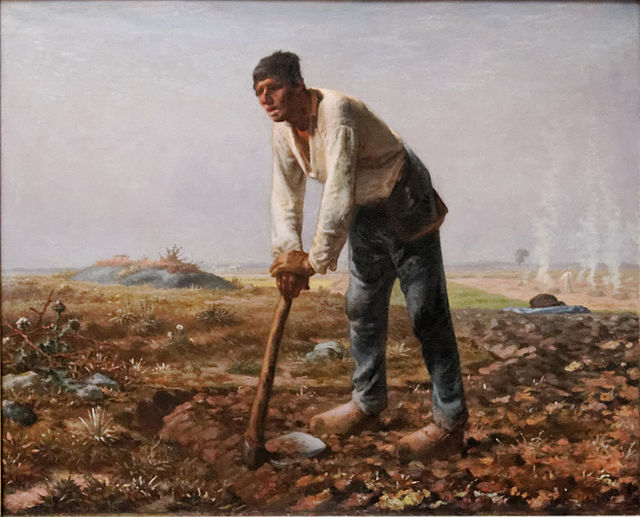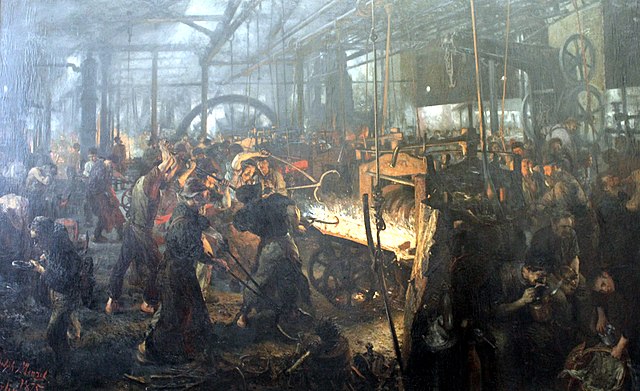Proletarian literature refers here to the literature created by left-wing writers mainly for the class-conscious proletariat. Though the Encyclopædia Britannica states that because it "is essentially an intended device of revolution", it is therefore often published by the Communist Party or left-wing sympathizers, the proletarian novel has also been categorized without any emphasis on revolution, as a novel "about the working classes and working-class life; perhaps with the intention of making propaganda". This different emphasis may reflect a difference between Russian, American and other traditions of working-class writing, with that of Britain. The British tradition was not especially inspired by the Communist Party, but had its roots in the Chartist movement, and socialism, amongst others. Furthermore, writing about the British working-class writers, H Gustav Klaus, in The Socialist Novel: Towards the Recovery of a Tradition (1982) suggested that "the once current [term] 'proletarian' is, internationally, on the retreat, while the competing concepts of 'working-class' and 'socialist' continue to command about equal adherence".

Robert Tressell banner
The proletariat is the social class of wage-earners, those members of a society whose only possession of significant economic value is their labour power. A member of such a class is a proletarian or a proletaire. Marxist philosophy regards the proletariat under conditions of capitalism as an exploited class— forced to accept meager wages in return for operating the means of production, which belong to the class of business owners, the bourgeoisie.
Secessio plebis, a form of protest in ancient Rome where the plebeians would leave the city, causing the economy to collapse
Jean-François Millet - The man with the hoe
Adolph Menzel - Iron rolling mill (1872-1875)
A 1911 Industrial Worker publication advocating industrial unionism based on a critique of capitalism. The proletariat "work for all" and "feed all".





